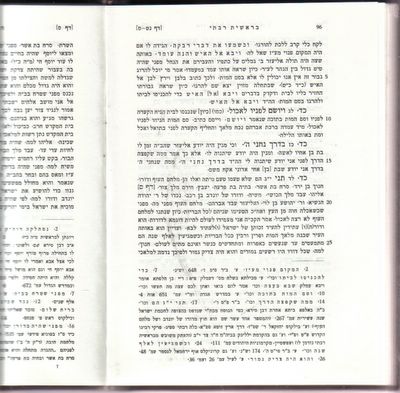The same midrash appears with quite a different spin in Bereishit Rabbati, from Rav Moshe haDarshan.


Here, it is Lavan who attempts the trick of poisoning, and ends up killing his own father.
To recap the three perspectives, the textual difficulty is that Betuel disappears midway in the story. He first interacts with Eliezer together with Lavan, but later it is just Lavan and his mother, rather than Lavan and his mother. The basis for the midrashic explanation (namely that he died when an angel switched the plate with poison) in the text is that the pasuk states ויישם (וַיּוּשַׂם) לְפָנָיו, לֶאֱכֹל, וַיֹּאמֶר לֹא אֹכַל, עַד אִם-דִּבַּרְתִּי דְּבָרָי; וַיֹּאמֶר, דַּבֵּר, in which Eliezer at first refused to eat, that וַיּוּשַׂם has the root sam which can mean poison rather than placed, and ויישם (וַיּוּשַׂם) לְפָנָיו is a krei and ketiv, with the krei being the active voice that he placed or poisoned, and the krei is that it was placed before him, the poisoner, or before Betuel. The theme is that elsewhere in the story they overtly agree to Eliezer but then try to prevent him from succeeding in his mission.
But again, in this account, it is Lavan who attempts the trick of poisoning, and ends up killing his own father. And we end up sympathizing with Lavan! This midrash takes a wider perspective. Eliezer came and interacts with Rivkah, and she comes running home adorned with jewels. Bereishit 24:
zonah! In anger her grabbed a weapon and ran to kill Eliezer.
But then:
וַיָּבֹא, אֶל-הָאִישׁ, וְהִנֵּה עֹמֵד עַל-הַגְּמַלִּים, עַל-הָעָיִן
When he came near Eliezer, he saw he was performing an amazingfeat of strength! Eliezer was standing וְהִנֵּה עֹמֵד - and carrying his camels עַל-הַגְּמַלִּים -- on his shoulders, over the stream -- עַל-הָעָיִן. Why? Because there was a lot of miry clay, and so he just lifted his camels to take them to the city.
Lavan then realized he could not defeat a strong guy like Eliezer in a fair fight, and would have to resort to poison. Thus, initially וַיָּרָץ לָבָן אֶל-הָאִישׁ in order to kill him, but then וַיָּבֹא אֶל-הָאִישׁ, to bring him into the house, not because he no longer wanted to kill him but because he wanted to kill him in another way.
And of course we still have the vayusam of later that fits in to all of this. And that is the next comment in Bereishit Rabbati, with the krei and ketiv, that he placed the poison before him but it ended up being placed before Betuel.

No comments:
Post a Comment